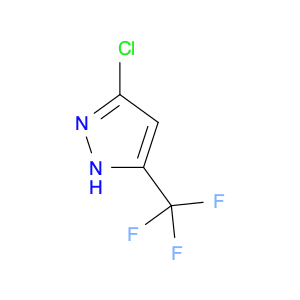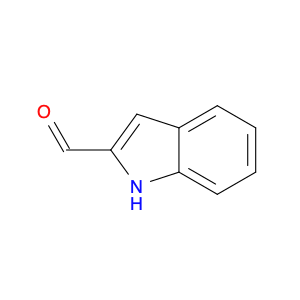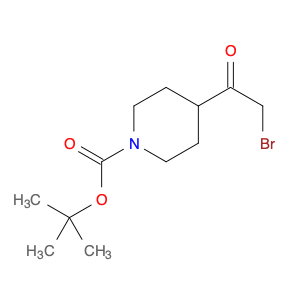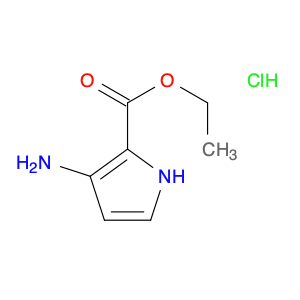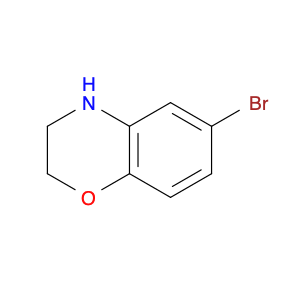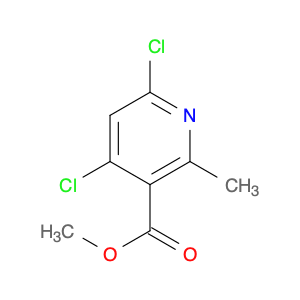Scopolamine hydrochloride, a potent alkaloid derived from plants of the Solanaceae family, plays a crucial role in chemical synthesis. As a versatile tool in organic chemistry, it exhibits unique properties that make it a valuable reagent in various reactions. One prominent application of Scopolamine hydrochloride is its use as a chiral catalyst in asymmetric synthesis. By taking advantage of its stereochemistry, it enables the selective formation of enantiomerically pure compounds, essential in pharmaceutical and fine chemical industries. Additionally, Scopolamine hydrochloride serves as a key intermediate in the synthesis of complex organic molecules, facilitating the creation of diverse chemical structures with high efficiency and precision. Its ability to participate in important transformations, such as C-C bond formation and functional group manipulation, makes it a sought-after component in the synthesis of bioactive molecules and natural products. In summary, Scopolamine hydrochloride embodies a vital role in advancing the field of chemical synthesis, offering synthetic chemists a powerful tool to access intricate molecular architectures and drive innovation in organic chemistry.
 sales@aaronchem.com
sales@aaronchem.com





